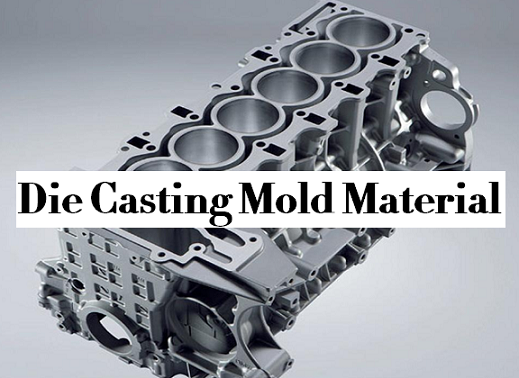10 Simple Techniques For Stahl Specialty Company
Table of ContentsAll about Stahl Specialty CompanyAbout Stahl Specialty CompanyGetting My Stahl Specialty Company To WorkStahl Specialty Company for DummiesSee This Report about Stahl Specialty Company
The subtle distinction lies in the chemical content. Chemical Comparison of Cast Aluminum Alloys Silicon promotes castability by decreasing the alloy's melting temperature and enhancing fluidity during casting. It plays a crucial role in allowing intricate molds to be filled up properly. In addition, silicon adds to the alloy's stamina and put on resistance, making it important in applications where toughness is essential, such as automotive parts and engine parts.It also improves the machinability of the alloy, making it less complicated to process right into ended up items. In this way, iron adds to the overall workability of light weight aluminum alloys.
Manganese contributes to the stamina of light weight aluminum alloys and enhances workability. Magnesium is a light-weight aspect that gives stamina and effect resistance to light weight aluminum alloys.
It allows the production of light-weight elements with outstanding mechanical residential properties. Zinc boosts the castability of light weight aluminum alloys and assists regulate the solidification process throughout spreading. It improves the alloy's toughness and firmness. It is usually discovered in applications where complex forms and fine information are required, such as attractive castings and certain vehicle parts.
More About Stahl Specialty Company
Due to the fact that aluminum-silicon alloys have great casting buildings, high gas residential properties, straightforward processes, and outstanding corrosion resistance, aluminum-silicon alloys are most frequently used in the die-casting industry at home and abroad. At the very same time, aluminum-silicon alloys are also relatively very early and extensively acknowledged alloys developed and made use of in die-casting. After constant study and renovation, a lot of the present international mainstream aluminum-silicon alloys have actually been wrapped up and are nothing even more than A356, A360, A380, ADC12, B390, and A413.
The primary thermal conductivity, tensile toughness, return stamina, and elongation differ. Select suitable raw materials according to the efficiency of the target item produced. Amongst the above alloys, A356 has the greatest thermal conductivity, and A380 and ADC12 have the most affordable. The tensile restriction is the opposite. A360 has the very best return toughness and the highest prolongation price.

Our Stahl Specialty Company Ideas
In precision spreading, 6063 is appropriate for applications where elaborate geometries and premium surface finishes are extremely important. Instances consist of telecommunication enclosures, where the alloy's remarkable formability permits streamlined and cosmetically pleasing designs while keeping architectural honesty. In the Illumination Solutions market, precision-cast 6063 elements create classy and effective lights fixtures that call for elaborate shapes and excellent thermal efficiency.
(https://www.domestika.org/en/stahlspecialc)
The A360 exhibits exceptional elongation, making it perfect for complex and thin-walled parts. In accuracy spreading applications, A360 is appropriate for sectors such as Consumer Electronics, Telecommunication, and Power Devices.

In accuracy spreading, light weight aluminum 413 shines in the Consumer Electronic Devices and Power Devices sectors. This alloy's remarkable corrosion resistance makes it an outstanding choice for outdoor applications, making certain lasting, resilient items in the pointed out markets.
Stahl Specialty Company - Questions
The aluminum alloy you pick will significantly affect both the spreading procedure and the properties of the last item. Because of this, you have to make your decision thoroughly and take an enlightened strategy.
Figuring out the most appropriate aluminum alloy for your application will certainly suggest considering a vast variety of features. The first classification addresses alloy attributes that affect the production procedure.
The alloy you select for die casting straight influences several facets of the casting process, like just how simple the alloy is to deal with and if it is susceptible to casting problems. Warm breaking, additionally referred to as solidification cracking, is a typical die casting flaw for aluminum alloys that can cause inner or surface-level tears or fractures.
The Definitive Guide for Stahl Specialty Company
Specific aluminum alloys are extra prone to hot breaking than others, and your option should consider this. Another typical defect discovered in the die casting of aluminum is pass away soldering, which is when the actors stays with the die wall surfaces and makes ejection tough. It can damage both the cast and the die, so you ought to try to find alloys with high anti-soldering residential or commercial properties.
Rust resistance, which is already a noteworthy quality of light weight aluminum, can vary substantially from alloy to alloy and is a necessary characteristic to think about relying on the ecological conditions your product will be subjected to. Put on resistance is another Clicking Here home commonly looked for in light weight aluminum products and can distinguish some alloys.